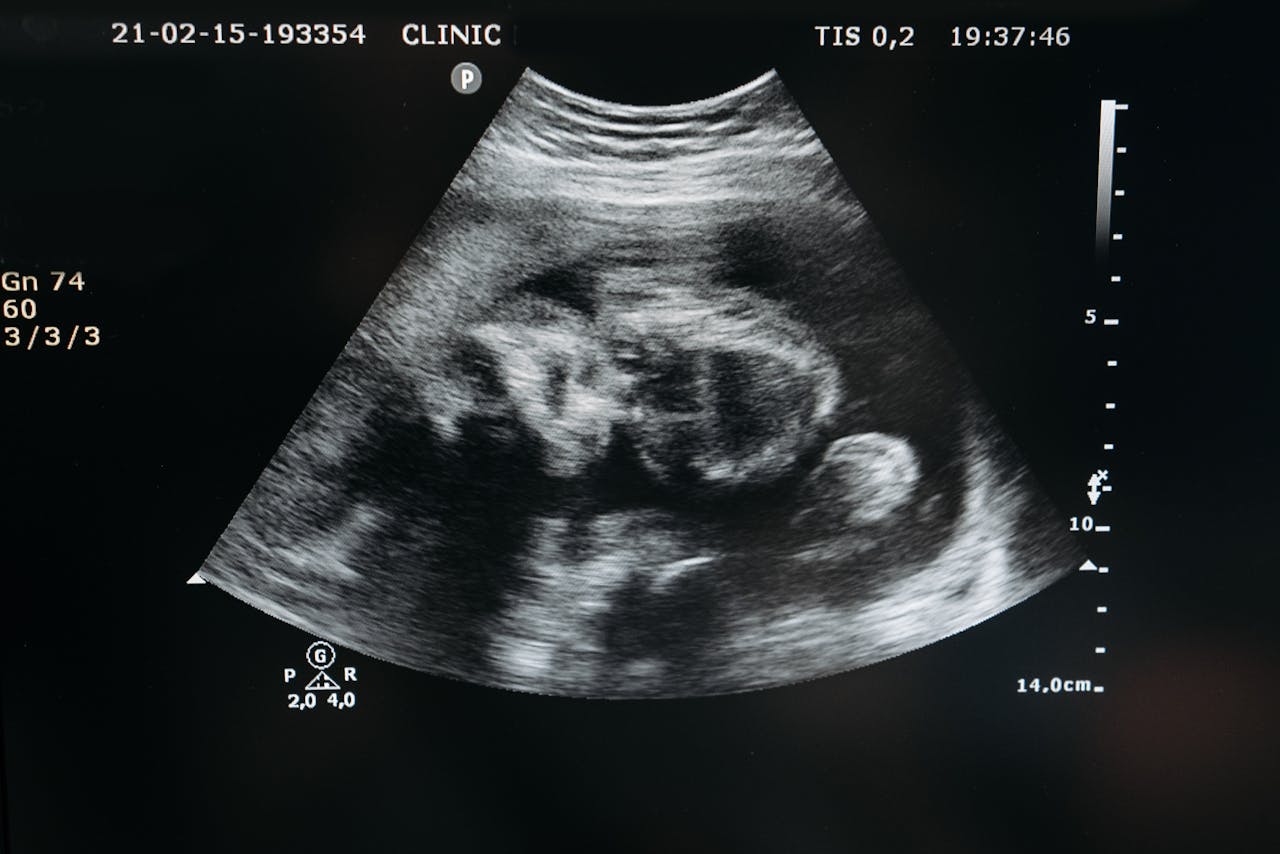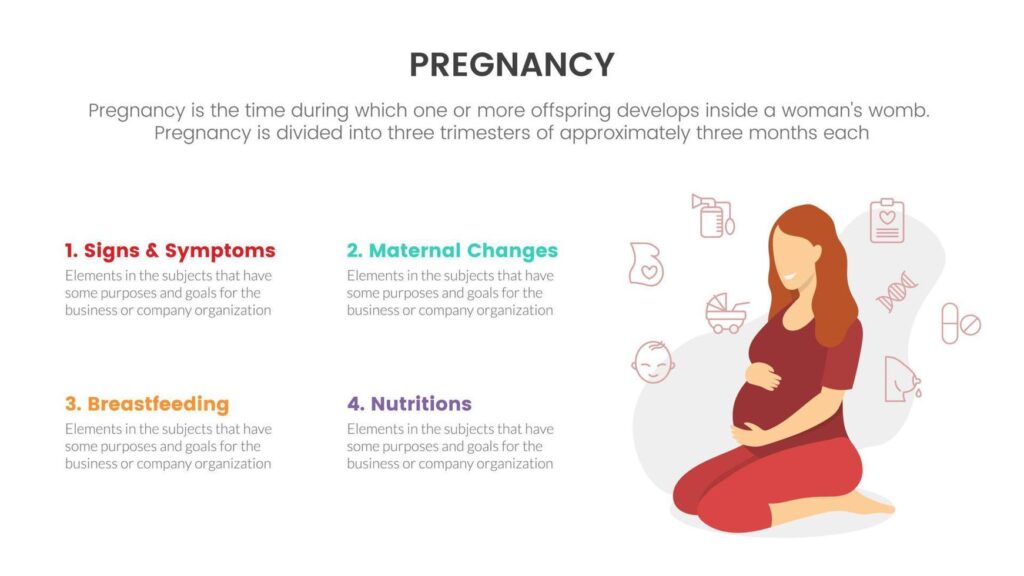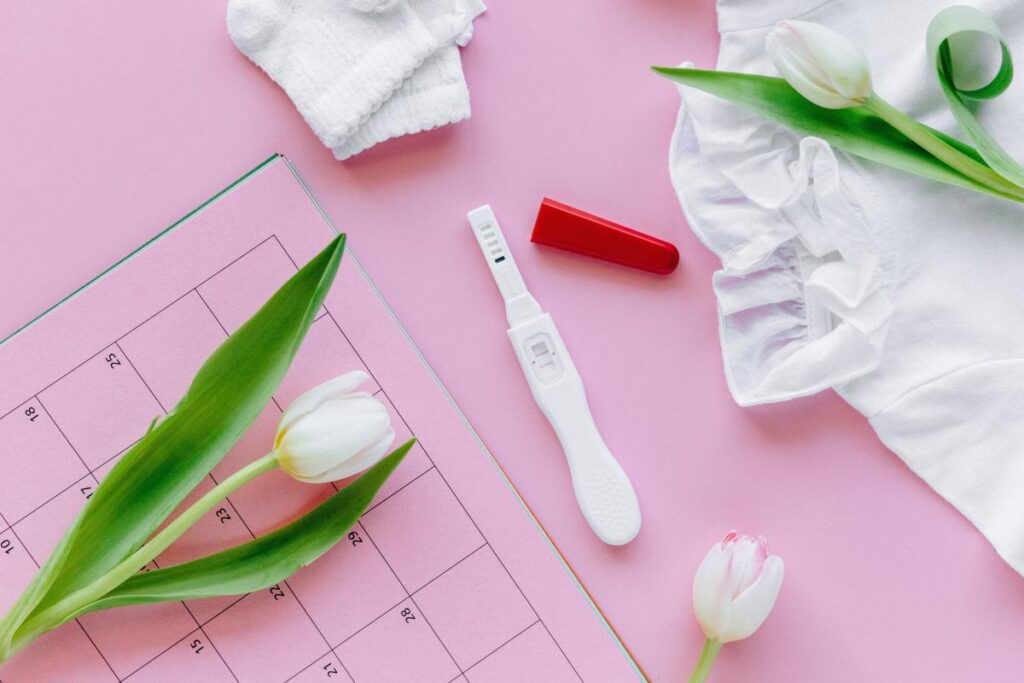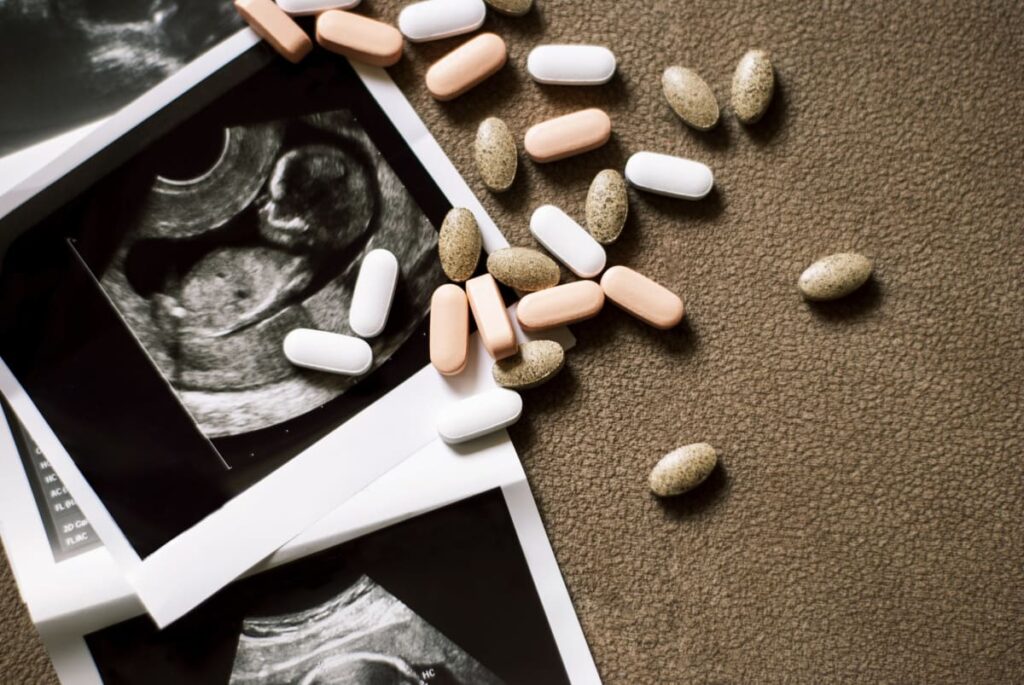

Expert Guidance
Access a wealth of knowledge from healthcare professionals to make informed decisions during pregnancy. We’re with you every step of the way.
Natural Remedies
Explore effective home remedies that support health and wellness throughout pregnancy. Embrace holistic approaches to care for you and your baby.




News
Everything You Need to Know About Laser Eye Surgery: Benefits, Risks, and Recovery
Laser eye surgery has revolutionized the way people address vision problems. With advanced technology and…
Glaucoma Surgery: Types, Success Rates, and What to Expect During Recovery
Glaucoma is a progressive eye condition that, if left untreated, can lead to vision loss…
When is the Best Time to Get Pregnant?
When it comes to planning your pregnancy, you need to make sure you are ready…
Attending a Christian Baby Shower – Perfect Gift Ideas
If you’re attending a baby shower, you have the opportunity to shower the new mother…
When is a Caesarean Delivery Necessary?
To understand when a Caesarean delivery is necessary, it’s important to understand that there’s a…
Medicines to Avoid During Your Pregnancy
When you’re pregnant, you have to be aware of everything you eat or drink, including…


Our Process
How We Support Your Pregnancy Journey
What Others Say









